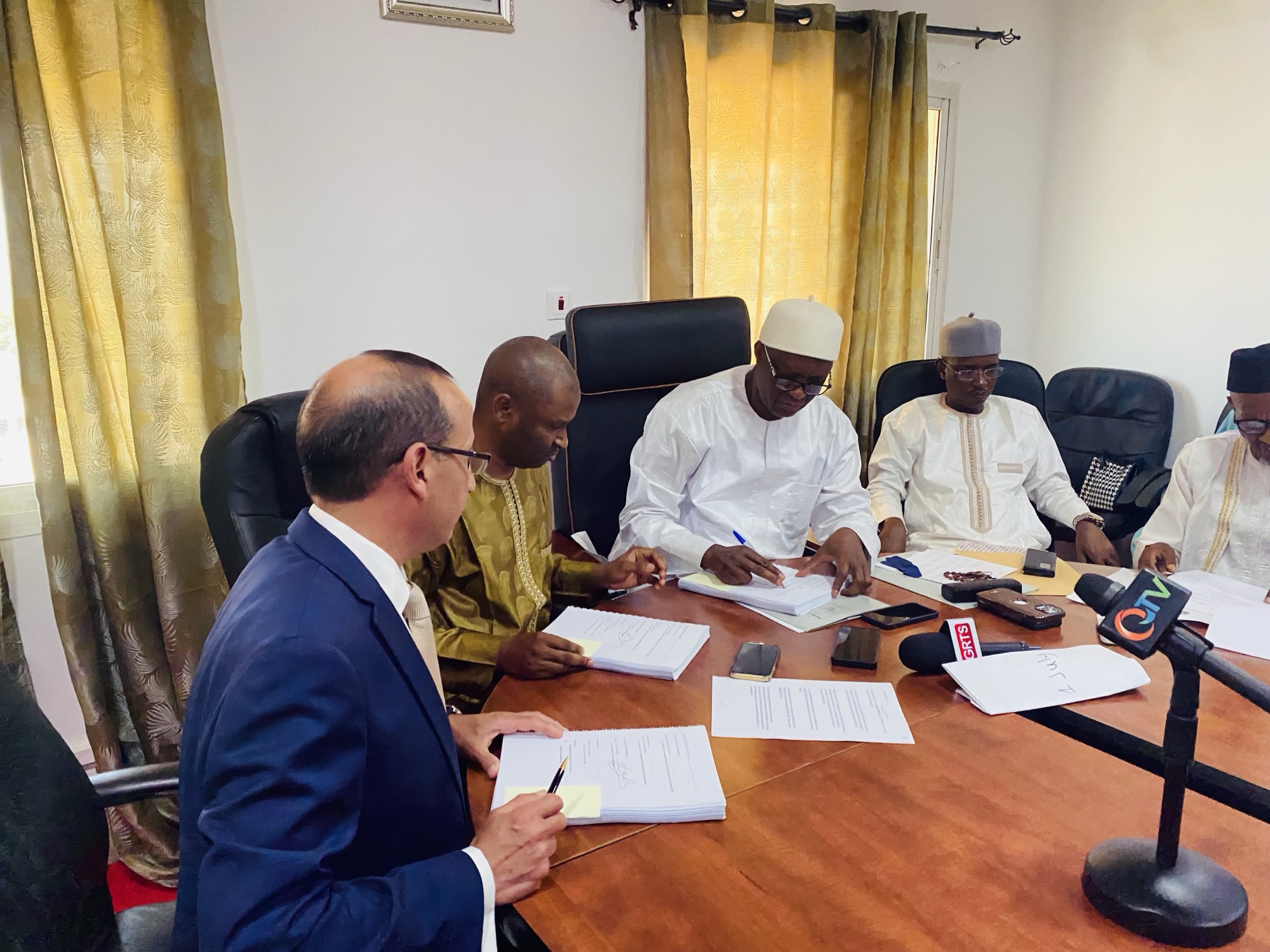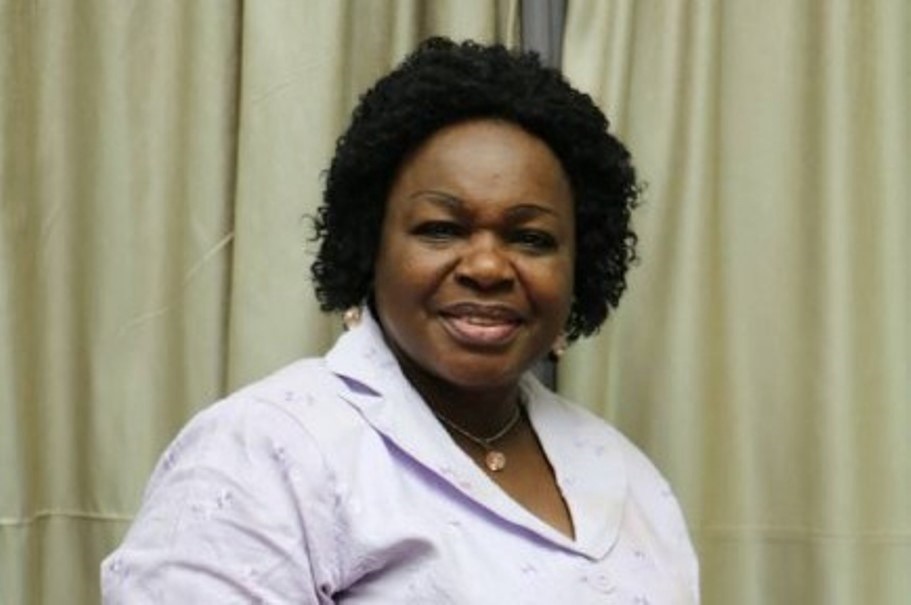By Arret Jatta
The Gambia Revenue Authority (GRA) on Friday 17th May signed a contract with Sogema Technologies for New Integration Tax Administration System (ITAS) project which is meant to replace the current GAMTAXNET system.
The Commissioner General of GRA Mr Yankuba Darboe said that in 2020, they received funding from the World Bank under the Gambia Fiscal Management Development Program GMDP, which allowed them to embark on getting a new integrated tax administration system (ITAS), to replace the current GAMTAXNET system.
“This new system, which will be web-based, will bring a significant shift in how we collect taxes, introducing functionalities like E-REGISTRATION, E-FILING and -PAYMENTS. Once this new system is launched, our taxpayers will be able to file and pay their taxes from the comfort of their homes or offices without the need to come to GRA”, Mr Darboe highlighted.
He added that this would inevitably reduce the cost of compliance for their taxpayers and wouldintroduce a lot of efficiency in their tax administration.
Ms. Anta Taal the project coordinator said the project was funded by the World Bank through the Gambia fiscal management and development projects and supported by other development partners like IMF.
“With regards to the ITAS the entire process started three years ago, it started with the support of a Ghanaian consultant firm that helped to conduct a detail current state assessment of the GRA system, this current state assessment informed the development of the new business process reveal”, she disclosed.
She added that when they started the process they received at least ten expressions of interest from local, regional and international firms who showed interest in the ITAS.
Mr Hani Micheal from Sogema technologies also said the forthcoming implementation of the new solution announces an important moment for The Gambia; “enhancing the capacity to collect taxes, online declaration and payment, and manage government revenues with transparency and accountability.”
He added that this would facilitate investments in vital public services such as education, healthcare, and infrastructure, advancing the nation’s socio-economic development.





